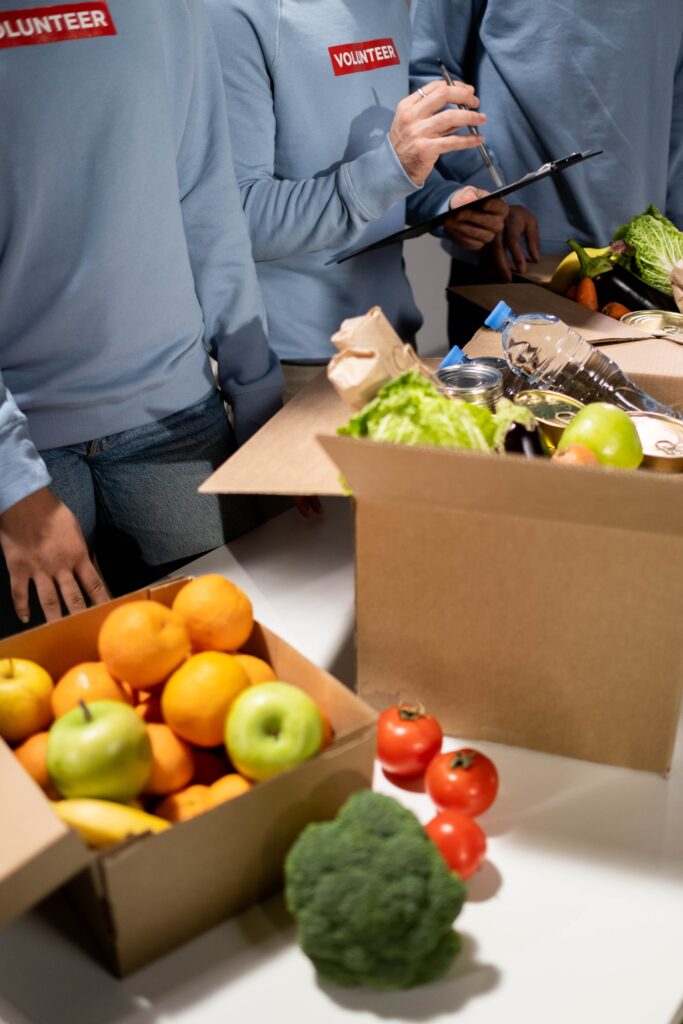Collagen is a protein that plays a vital role in maintaining the health and structure of various tissues in your body, including your skin, bones, tendons, ligaments, and cartilage. It provides strength and elasticity to these tissues and helps them maintain their shape and integrity. Here are some of the key functions of collagen:
- Skin health: Collagen is the main structural component of your skin, and it helps maintain its firmness, elasticity, and hydration. It can also help reduce the appearance of wrinkles and fine lines.
- Bone health: Collagen provides the framework for bone tissue, and it helps strengthen bones and prevent fractures.
- Joint health: Collagen is a major component of cartilage, the tissue that cushions your joints and helps them move smoothly. It can help reduce joint pain and stiffness.
- Muscle health: Collagen is present in the connective tissue that surrounds and supports your muscles, and it helps maintain their strength and flexibility.
- Hair and nail health: Collagen is also present in hair and nails, and it can help improve their strength and appearance.
Overall, collagen is essential for the health and function of many tissues in your body, and its production can decline with age or certain health conditions. Consuming collagen-rich foods or supplements may help support your body’s natural collagen production and promote overall health and wellness.
Collagen is a protein that provides structure and elasticity to your skin, bones, and other connective tissues. While your body naturally produces collagen, its production can decrease with age, leading to wrinkles, joint pain, and other issues. Fortunately, there are several foods that can help boost collagen production in your body. Here are 10 of them:
- Bone broth: Bone broth is rich in collagen, and consuming it regularly can help support your body’s natural collagen production.
- Fish: Fish, especially those high in omega-3 fatty acids like salmon and tuna, can help promote collagen synthesis.
- Citrus fruits: Citrus fruits like oranges, lemons, and grapefruits are rich in vitamin C, which is a crucial nutrient for collagen production.
- Leafy greens: Leafy greens like spinach, kale, and collard greens are high in antioxidants that can help protect collagen from damage.
- Berries: Berries like strawberries, blueberries, and raspberries are rich in antioxidants that can help boost collagen production.
- Nuts: Nuts like almonds, cashews, and walnuts are high in amino acids that are important for collagen synthesis.
- Avocado: Avocado is rich in healthy fats that can help support collagen production.
- Garlic: Garlic contains sulfur compounds that can help boost collagen production.
- Eggs: Eggs are rich in amino acids that are important for collagen synthesis.
- Soy: Soy products like tofu and soy milk contain compounds called isoflavones that can help promote collagen synthesis.

